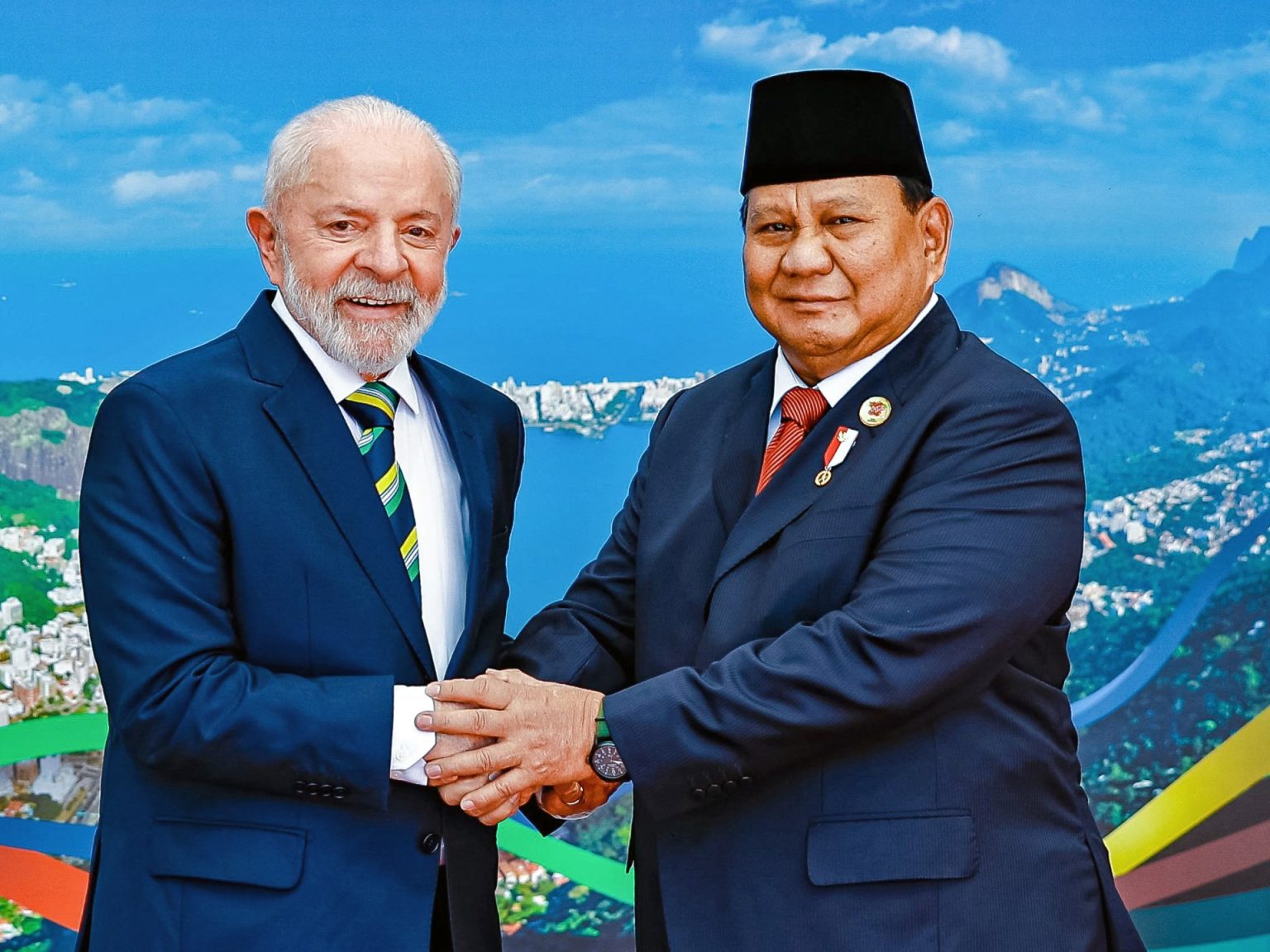Indonesia’s inclusion into BRICS signifies a strategic maneuver to bolster its global standing and amplify its voice within the international arena. The move aligns with Indonesia’s commitment to fostering multilateral cooperation and advocating for a more equitable and inclusive global order. By joining forces with fellow emerging economies, Indonesia seeks to strengthen its partnerships, enhance trade opportunities, and contribute to the collective pursuit of sustainable development. This decision also reflects Indonesia’s aspiration to participate more actively in addressing global challenges and shaping the future of global governance. The BRICS platform provides a valuable avenue for Indonesia to collaborate with other developing nations on shared priorities and promote mutual respect and understanding in international relations.
The expansion of BRICS underscores the growing influence of emerging economies and their desire to reshape the existing global architecture. With the inclusion of Indonesia, the bloc further solidifies its representation of a significant portion of the world’s population and economic output. The diverse membership of BRICS, encompassing nations from different regions and with varying economic strengths, reflects the evolving landscape of global power dynamics. This expansion also reinforces the group’s potential to challenge the dominance of traditional Western powers and advocate for a more multipolar world order. By bringing together these influential economies, BRICS aims to create a platform for greater South-South cooperation and address common concerns related to development, trade, and global governance reform.
BRICS’s emergence as a counterweight to the West is driven by several factors, including the perceived dominance of Western institutions and the desire for a more balanced global system. Member states have expressed concerns about the disproportionate influence of Western countries in international decision-making processes, particularly within organizations like the International Monetary Fund and the World Bank. They advocate for greater representation and voice for developing nations in shaping global rules and norms. Additionally, BRICS nations share a common interest in promoting alternative models of development and governance that better cater to the needs and priorities of emerging economies. The group’s focus on South-South cooperation and its pursuit of alternative financial mechanisms, such as a common currency, reflect its ambition to challenge the existing Western-centric system.
The concept of “de-dollarization” within the BRICS framework reflects a growing sentiment among member states to reduce their reliance on the US dollar in international trade and finance. Many BRICS nations view the dominance of the dollar as a source of vulnerability and a tool that can be used for political leverage. They argue that the current system gives the United States an unfair advantage and exposes other countries to the risks associated with fluctuations in the dollar’s value. By promoting alternative currencies and payment mechanisms, BRICS seeks to create a more equitable and stable international financial system, reducing their dependence on the dollar and enhancing their monetary sovereignty. This move also aligns with their broader goal of diversifying their economic relationships and promoting greater financial autonomy.
The potential establishment of a common BRICS currency represents a significant step towards challenging the dominance of the US dollar and reshaping the global financial landscape. Such a currency could facilitate trade and investment among member states, reduce transaction costs, and provide a shield against currency fluctuations. It would also symbolize the bloc’s collective determination to assert greater control over their financial destinies and create a more multipolar monetary system. However, the realization of a common currency faces numerous challenges, including technical complexities, political considerations, and the need for consensus among member states on its design and implementation. The success of this endeavor will depend on the sustained commitment and cooperation of BRICS nations in overcoming these obstacles and forging a shared vision for a new monetary order.
Indonesia’s entry into BRICS aligns with its long-standing foreign policy principles of non-alignment and active participation in multilateral forums. Indonesia has consistently sought to maintain balanced relationships with various global powers, avoiding exclusive alliances and promoting dialogue and cooperation across ideological divides. Its membership in BRICS complements this approach by providing a platform to engage with other emerging economies and contribute to a more inclusive and representative global governance structure. Indonesia’s active participation in BRICS also reflects its commitment to promoting South-South cooperation and advocating for the interests of developing nations in international affairs. This move further solidifies Indonesia’s position as a key player in the evolving global landscape, leveraging its growing economic and political influence to shape a more equitable and sustainable future.

